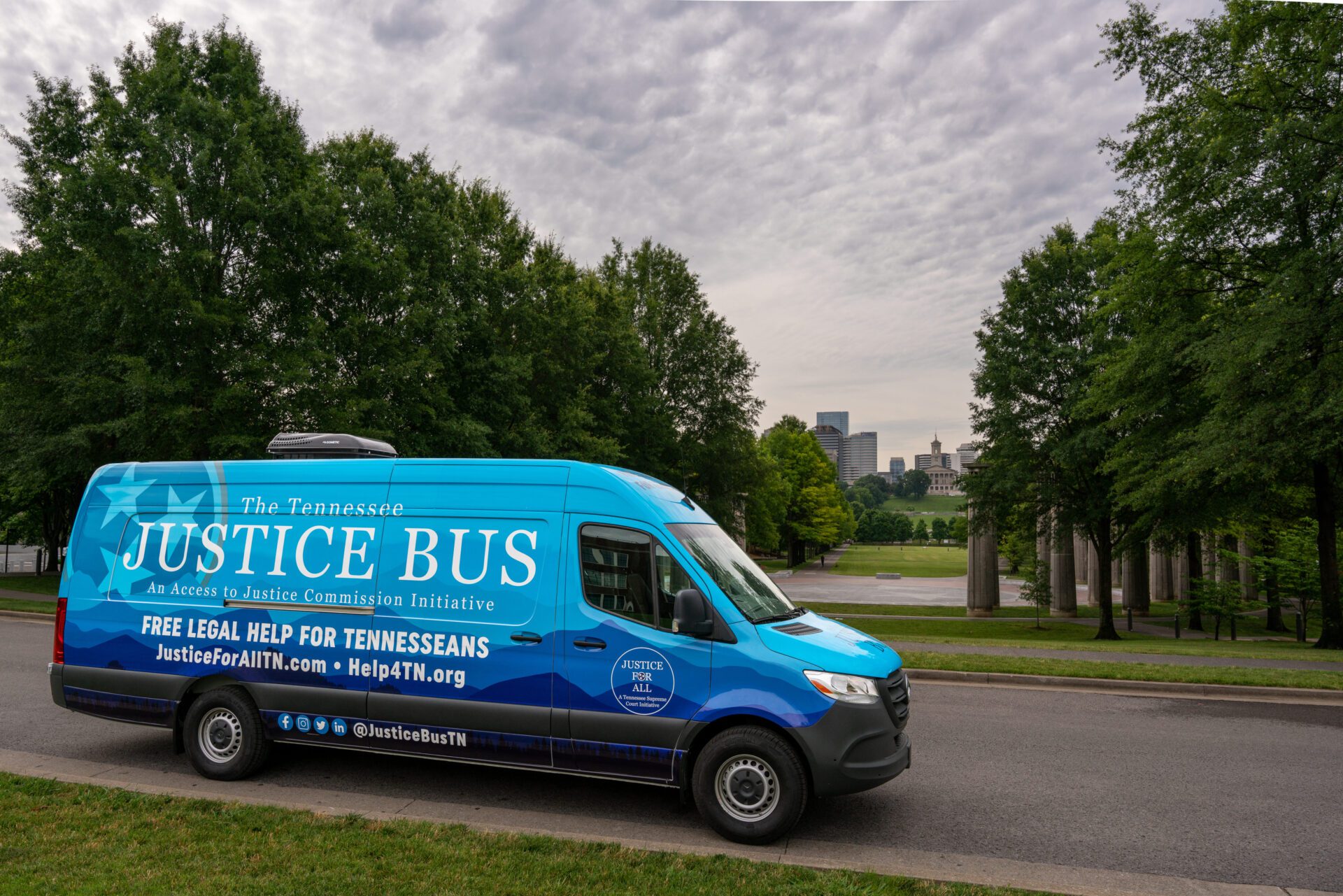Legal clinics play a vital role in our society, serving as beacons of hope and justice for those who may not have access to legal representation.
-
What are Legal Clinics
Legal clinics are events that provide free or low-cost legal services to individuals who are unable to afford traditional legal representation. These clinics are often staffed by volunteer lawyers and law students, working together to offer pro bono assistance to those in need. Their primary purpose is to bridge the justice gap and ensure that everyone, regardless of their financial circumstances, has access to quality legal advice and representation.
-
How Legal Clinics Operate
Legal clinics rely on the dedication and expertise of volunteer lawyers and law students. These professionals and students generously donate their time and skills to provide legal assistance to clients who cannot afford legal representation. Clinics typically offer services such as client intake, case selection, legal research, and advocacy. By offering pro bono services, legal clinics make justice more accessible to those who might otherwise be left without representation.

Expungement Clinic in Columbia, TN
-
The Impact of Legal Clinics on Access to Justice
Legal clinics play a significant role in increasing access to justice for marginalized communities and individuals with limited resources. By providing free or low-cost legal services, clinics address the legal aid gap that often leaves vulnerable populations without representation. They offer support to low-income individuals, ensuring that their voices are heard and their rights are protected. Legal clinics are instrumental in promoting equity and fairness within the legal system.
-
The Role of Legal Clinics in Legal Education
Legal clinics also serve a crucial role in legal education. For law students, participating in a clinic provides invaluable hands-on experience, allowing them to apply their classroom knowledge to real-life legal situations. This practical learning opportunity helps develop essential skills such as legal research, client communication, and case management. Through legal clinics, law students gain a deeper understanding of the legal system and the challenges faced by individuals in need of legal assistance.

General Legal Advice Clinic in Wayne County, TN
-
Partnering with Legal Aid Organizations for Clinics
Legal clinics often partner with legal aid organizations to enhance their impact and reach. Collaborating with established legal aid providers allows clinics to tap into additional resources, including funding, training, and access to a broader network of legal professionals. By joining forces, legal clinics and legal aid organizations can work together to ensure that their services reach as many individuals in need as possible.
-
Why Legal Clinics
Legal clinics are indispensable in promoting access to justice and leveling the playing field for those who cannot afford legal representation. They provide invaluable services to underserved communities and offer students practical experience in the legal field. By raising awareness about legal clinics and supporting their initiatives, we can contribute to a more just and equitable society. Let us recognize the crucial role of legal clinics and their impact on access to justice for all.
The Justice Bus at Clinics Across the State







